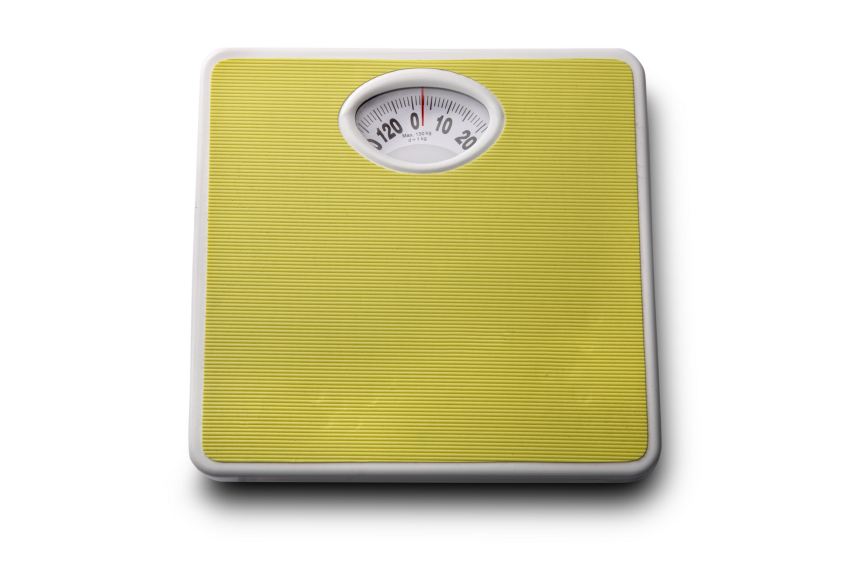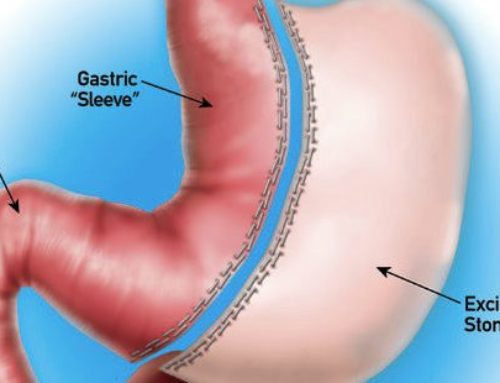Liposuction is a popular type of plastic surgery. Although sometimes people think it is a type of bariatric surgery, it is not. Unlike bariatric surgery, liposuction is not considered a weight loss procedure, but rather is designed to change the shape of the body. It uses a suction technique to remove fat from specific areas of the body, such as from the abdomen, hips, thighs or buttocks. Since liposuction was first introduced in the 1970’s, it has gained in popularity, with more than 450,000 surgeries now performed each year.
A recent study, however, found that if liposuction is used to remove body fat, the body fat will often return within a year. Researchers at University of Colorado School of Medicine compared women who received liposuction with a group who had no treatment. They found that if liposuction is used to remove body fat, the body fat often returns, redistributing especially in the upper abdomen and around the shoulders and triceps of the arms. California bariatric surgeon, Helmuth Billy, MD, said that it is “an important study as it emphasizes a big difference between liposuction and bariatric surgery.” Unlike liposuction, bariatric surgery is a operation which reduces caloric intake, and along with lifestyle changes, can lead to substantial and long-term weight loss. Although liposuction might seem attractive, it does not have the health benefits or lasting weight loss that can be achieved through bariatric surgery. However, some bariatric surgery patients do have plastic surgery after they’ve lost a significant amount of weight, to reshape their body and/or remove excess skin.
For obese patients who are interested in sustainable weight loss, bariatric surgery, such as the lap-band, is often a good option. You can learn more about weight loss surgery at the Bariatric Institute of Greater Chicago here or by calling our office at 630-468-2545 to schedule an appointment with Dr Shayani.







Leave A Comment